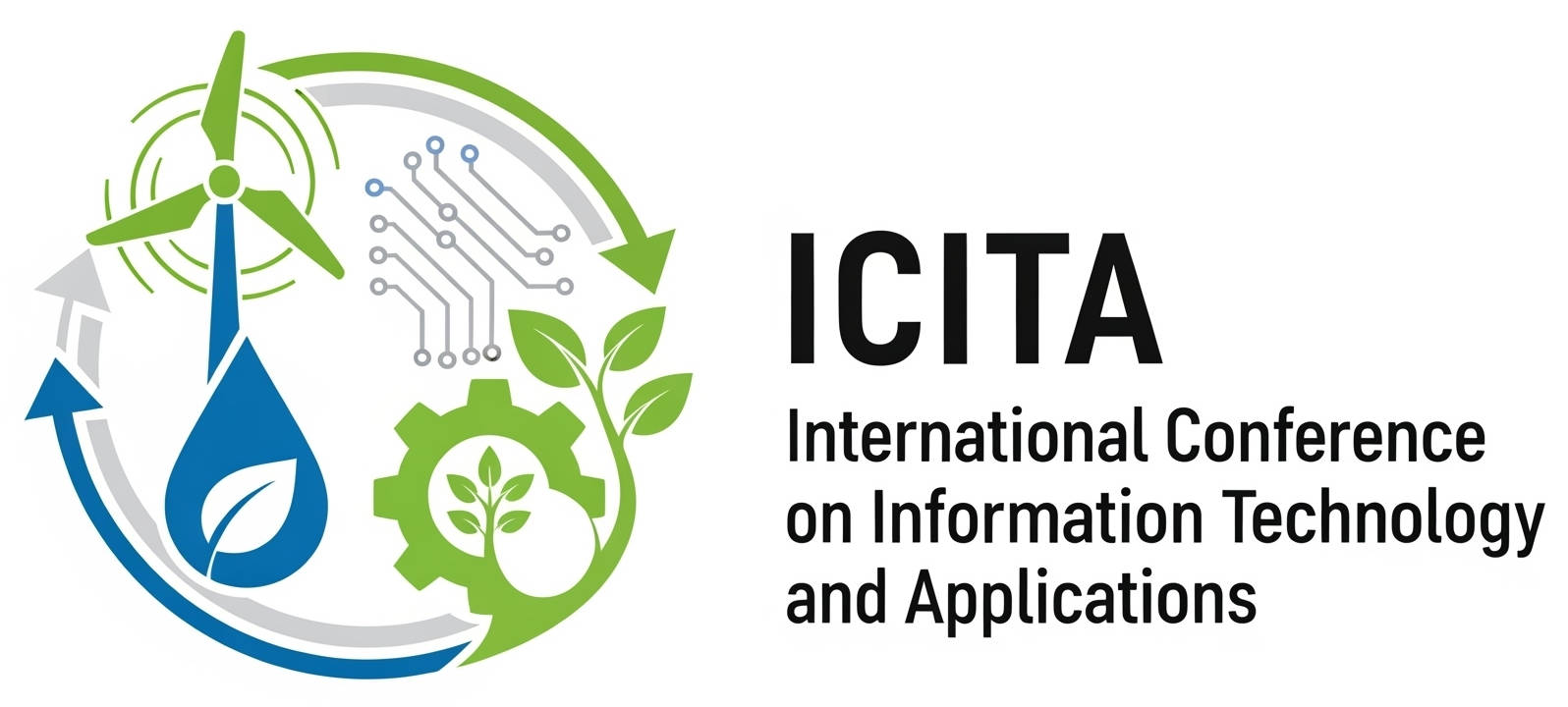“Smart Technologies and Green Applications for Sustainable Development”
International Conference on Information Technology and Applications (ICITA) 2025
Venue: Convention Hall Masjid Walidah Dahlan UNISA Yogyakarta | Day/Date: Wednesday, September 24, 2025
Scopes
International Conference on Information Technology and Applications (ICITA) 2025
Renewable Energy and Energy-Efficient Technologies
- Smart grid systems and energy distribution optimization
- IoT-based energy usage monitoring in homes and industries
- AI for renewable energy forecasting (solar, wind, hydro)
- Optimization of solar panel and wind turbine performance
- Energy-efficient data centers and computing systems
Smart Environmental Monitoring
- Wireless sensor networks
- Remote sensing and GIS
- Climate change modeling using AI and big data
- Smart irrigation systems for water conservation
- Forest fire and flood early warning systems
Sustainable Technology
- Sustainable urban planning
- Renewable energy systems and optimization
- Energy-efficient computing and green data centers
- Digital tools for achieving Sustainable
- Development Goals (SDGs)
Sustainable manufacturing and green supply chains
About the conference
The International Conference on Information Technology and Applications (ICITA), held under the theme “Smart Technologies and Green Applications for Sustainable Development”, is a forum for researchers, academics, industry professionals, and policymakers to share insights, research findings, and innovations in the field of information technology with a strong emphasis on sustainability and environmental impact. The conference promotes interdisciplinary collaboration that bridges IT solutions with real-world applications in environmental management, green science, and sustainable development. ICITA welcomes contributions in areas such as artificial intelligence, data analytics, Internet of Things (IoT), and cloud computing; particularly when applied to address environmental challenges and support green technologies. Topics include the development of smart systems for energy efficiency, waste management, climate modeling, and sustainable urban planning. The scope also encompasses digital innovations that promote renewable energy, eco-friendly manufacturing, and technology-driven strategies for achieving the Sustainable Development Goals (SDGs). By focusing on the intersection of IT and sustainability, ICITA aims to foster responsible innovation that contributes to a greener and more resilient future.
Keynote Speaker
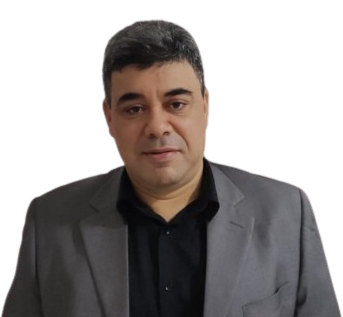
Prof. Mohammed J.K. Bashir
Experties:
Sustainable development, Environmental Management Practices
Central Queensland, Australia

Ir. Ahmad Zaki, S.T., M.Sc., Ph.D.
Experties:
Civil Engineering
Civil Engineering
Universitas Muhammadiyah Yogyakarta, Indonesia
Committee
Scientific Committee
Ir. Ts. Dr. Siti Nurul Aqmariah Mohd Kanafiah
Universiti Malaysia Perlis, MALAYSIA – Electrical Engineering
SCOPUS ID: 55987982900
Asc. Prof. Norzalina Harun
National University of Malaysia, MALAYSIA – Landscape Architechture
SCOPUS ID: 57150680300
Prof. Ir. Sunardi, S.T., M.T., Ph.D
Electrical Engineering, Universitas Ahmad Dahlan – INDONESIA
SCOPUS ID: 24825358100
Andri Pranolo, Ph.D.
Universitas Ahmad Dahlan, Indonesia
SCOPUS ID: 56572821900
Nugrahaning Sani Dewi, Ph.D.
Research Center for Smart Mechatronics, National Research and Innovation Agency (BRIN), Indonesia
SCOPUS ID: 57193140238
Assoc. Prof. Dr. Ali Sophian
International Islamic University Malaysia – Electromagnetic NDT
SCOPUS ID: 6602966422
Muhammad Usman Hanif
Civil and Architectural Engineering, Syddansk Universitet (University Of Southern Denmark) – Denmark
ORCID: 0000-0002-1490-2350
Prof. Ir. Sarjito, MT., Ph.D., IPM
Mechanical Engineering, Universitas Muhammadiyah Surakarta – INDONESIA
SCOPUS ID: 56493009700
Ir. Ahmad Zaki, S.T., M.Sc., Ph.D.
Civil Engineering, Universitas Muhammadiyah Yogyakarta – INDONESIA
SCOPUS ID: 56402756200
Annisa Khumaira
Universitas Aisyiyah Yogyakarta – INDONESIA
GOOGLE SCHOLAR ID: Lg5tbUsAAAAJ
Prof. Ismail Said
Universiti Teknologi Malaysia, MALAYSIA – Landscape Architechture
SCOPUS ID: 55191219600
Prof. Mohammed J.K. Bashir
Civil Engineering, Central Queensland, Australia
SCOPUS ID: 57884979900
Prof. Dr. Ir. Muji Setiyo, S.T., M.T.
Universitas Muhammadiyah Magelang – INDONESIA
SCOPUS ID: 57189574332
Rizal Aziz, S.Si., M.Biotech., M.Sc., Ph.D
Biomedical Engineering, Universitas Indonesia – INDONESIA
SCOPUS ID: 57200204789
Sharfina Mutia Syarifah
Universitas Aisyiyah Yogyakarta – INDONESIA
GOOGLE SCHOLAR ID: xCogrfgAAAAJ
Organizing Committee
- Dr. Warsiti, S.Kp., M.Kep., Sp.Mat. (Universitas Aisyiyah Yogyakarta – Indonesia)
- Dr. Sulistyaningsih, S.KM., MH.Kes. (Universitas Aisyiyah Yogyakarta – Indonesia)
- Dr. Yuli Isnaeni, S.Kp., M.Kep., Sp.Kom. (Universitas Aisyiyah Yogyakarta – Indonesia)
- Prof. Dr. Dr. Mufdlilah, S.SiT., M.Sc. (Universitas Aisyiyah Yogyakarta – Indonesia)
- Dr. Dr. M. Ali Imron, S.Sos., M.Fis. (Universitas Aisyiyah Yogyakarta – Indonesia)
Luluk Rosida, S.ST.,M.KM. (Universitas Aisyiyah Yogyakarta)
- Dinar Mindrati Fardhani, S.P, M.Biotech, Ph.D. (Universitas Aisyiyah Yogyakarta – Indonesia)
- Andari Wuri Astuti, Ph.D. (Universitas Aisyiyah Yogyakarta – Indonesia)
- Cesa Septiana, Ph.D. (Universitas Aisyiyah Yogyakarta – Indonesia)
- Sharfina Mutia Syarifah, B.Sc, M.Eng. (Universitas Aisyiyah Yogyakarta – Indonesia)
- Sri Sugesti, S.KM. (Universitas Aisyiyah Yogyakarta – Indonesia)
- Rika Ayu Setyawati, S.Ak. (Universitas Aisyiyah Yogyakarta – Indonesia)
- Fayakun Nur Rohmah, S.S.T, Bdn, M.P.H. (Universitas Aisyiyah Yogyakarta – Indonesia)
- Enny Fitriahadi, S.ST, M.Kes. (Universitas Aisyiyah Yogyakarta – Indonesia)
- Annisa Khumaira, S.P, M.Biotech. (Universitas Aisyiyah Yogyakarta – Indonesia)
- Siti Nadhir Ollin Norlinta, M.Fis. (Universitas Aisyiyah Yogyakarta – Indonesia)
- Arif Bimantara, S.Pi., M.Biotec. (Universitas Aisyiyah Yogyakarta – Indonesia)
- Wantonoro, Ph.D. (Universitas Aisyiyah Yogyakarta – Indonesia)
- Apt. Aan Kunaedi, M. Sc. (Universitas Aisyiyah Yogyakarta – Indonesia)
- Dr. Askuri, S.S., M.Si. (Universitas Aisyiyah Yogyakarta – Indonesia)
- Septianto Wikan Nurhidayat, S.Pt., M. Biotech., Ph.D. (Universitas Aisyiyah Yogyakarta – Indonesia)
- Dr. Komarudin S.Psi, M.Psi. (Universitas Aisyiyah Yogyakarta – Indonesia)
- Nur Jannah, S.Pd., M.Pd. (Universitas Aisyiyah Yogyakarta – Indonesia)
- Prof. Dr. Syamsia, M.Si. (Universitas Aisyiyah Yogyakarta – Indonesia)
- Anindhita Syahbi Syagata, S.Gz, M.P.H. (Universitas Aisyiyah Yogyakarta – Indonesia)
Fee and Facilities
| Category | Offline (IDR) | Online (IDR) |
|---|---|---|
| International Presenter | 1.000.000,00 | 1.000.000,00 |
| International Non-Presenter | 250.000,00 | 250.000,00 |
| General Presenter | 500.000,00 | 350.000,00 |
| General Non-Presenter | 50.000,00 | 50.000,00 |
| General Student Presenter | 300.000,00 | 250.000,00 |
| General Student Non-Presenter | 50.000,00 | 50.000,00 |
| Presenter – Student of Unisa Yogyakarta | 100.000,00 | 75.000,00 |
| Non-Presenter – Student of Unisa Yogyakarta | 50.000,00 | 50.000,00 |
Lunch, Coffee Break, Certificate,
International Conference ICHST Proceeding,
Selected papers will be published Scopus Proceedings (On process),
Scopus Journal Sinta 2 Journal and
others Journal.
Payment
BSI (Bank Syariah Indonesia) Account Number 1000121092 a.n LPPM UNISA Yogya SWIFT Code: BSMDIDJA
Schedule of Important Deadlines
Registration Period
June 1 – September 15, 2025
Full Paper Submission
Deadline: September 15, 2025
Payment Deadline
September 15, 2025
Article Review
September 1-15, 2025 (To Be Confirmed)
Article Revision
September 1-15, 2025 (To Be Confirmed)
Conference Days
Wednesday, September 24, 2025 (07:00–16:00)
How to Join Us
Register Online
Fill out the registration form at:
Submit Your Paper (for Presenters)
Upload your paper through the submission portal before the deadline.
Make the Payment
Transfer the registration fee to the designated account (see fee details).
Confirmation
Send proof of payment and confirmation to:
International Conference on Information Technology and Applications (ICITA) 2025
Statement of Publication Ethics and Malpractice
Section A: Publication and authorship
- All submitted papers are subject to strict peer-review process by at least two international reviewers that are experts in the area of the particular paper.
- The factors that are taken into account in review are relevance, soundness, significance, originality, readability and language.
- The possible decisions include acceptance, acceptance with revisions, or rejection.
- If authors are encouraged to revise and resubmit a submission, there is no guarantee that the revised submission will be accepted.
- Rejected articles will not be re-reviewed.
- The paper acceptance is constrained by such legal requirements as shall then be in force regarding libel, copyright infringement and plagiarism.
- No research can be included in more than one publication.
Section B: Editors’ responsibilities
- Editors have complete responsibility and authority to reject/accept an article.
- Editors are responsible for the contents and overall quality of the publication.
- Editors should always consider the needs of the authors and the readers when attempting to improve the publication.
- Editors should guarantee the quality of the papers and the integrity of the academic record.
- Editors should publish errata pages or make corrections when needed.
- Editors should have a clear picture of a research’s funding sources.
- Editors should base their decisions solely one the papers’ importance, originality, clarity and relevance to publication’s scope.
- Editors should not reverse their decisions nor overturn the ones of previous editors without serious reason.
- Editors should preserve the anonymity of reviewers.
- Editors should ensure that all research material they publish conforms to internationally accepted ethical guidelines.
- Editors should only accept a paper when reasonably certain.
- Editors should act if they suspect misconduct, whether a paper is published or unpublished, and make all reasonable attempts to persist in obtaining a resolution to the problem.
- Editors should not reject papers based on suspicions, they should have proof of misconduct.
- Editors should not allow any conflicts of interest between staff, authors, reviewers and board members.
- Editors ensure that the submitted fullpapers are reviewed without regard to the authors’ race, gender, sexual orientation, religious belief, ethnic origin, citizenship, or political philosophy.
Section C: Authors’ responsibilities
- Authors must certify that their manuscripts are their original work.
- Authors must certify that the manuscript has not previously been published elsewhere.
- Authors must certify that the manuscript is not currently being considered for publication elsewhere.
- Authors must participate in the peer review process.
- Authors are obliged to provide retractions or corrections of mistakes.
- All Authors mentioned in the paper must have significantly contributed to the research.
- Authors must state that all data in the paper are real and authentic.
- Authors must notify the Editors of any conflicts of interest.
- Authors must identify all sources used in the creation of their manuscript.
- Authors must report any errors they discover in their published paper to the Editors.
Section D: Reviewers’ responsibilities
- Reviewers should keep all information regarding papers confidential and treat them as privileged information.
- Reviews should be conducted objectively, with no personal criticism of the author
- Reviewers should express their views clearly with supporting arguments
- Reviewers should identify relevant published work that has not been cited by the authors.
- Reviewers should also call to the Editor in Chief’s attention any substantial similarity or overlap between the manuscript under consideration and any other published paper of which they have personal knowledge.
- Reviewers should not review manuscripts in which they have conflicts of interest resulting from competitive, collaborative, or other relationships or connections with any of the authors, companies, or institutions connected to the papers.
Downloads and Archives
Jointly Organized With
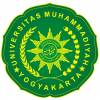

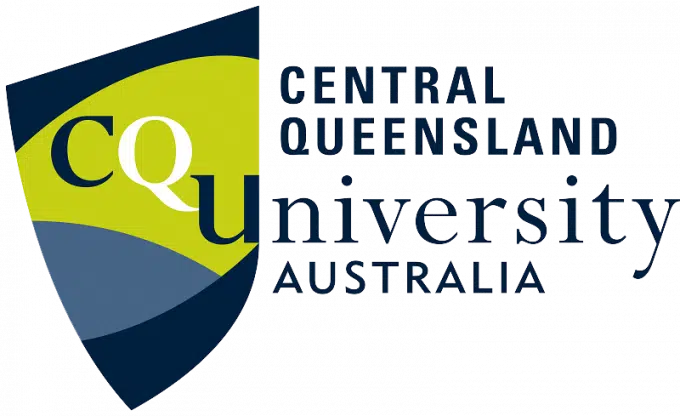
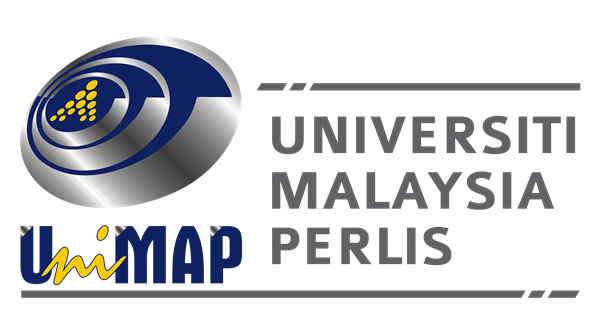
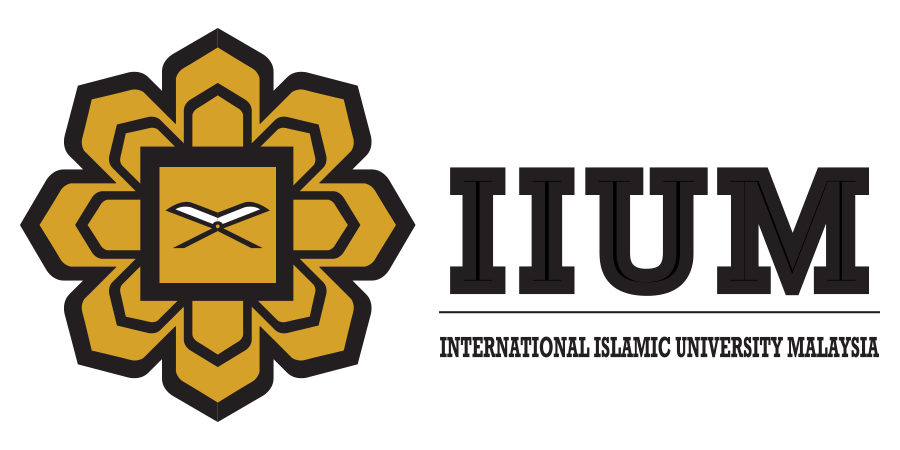
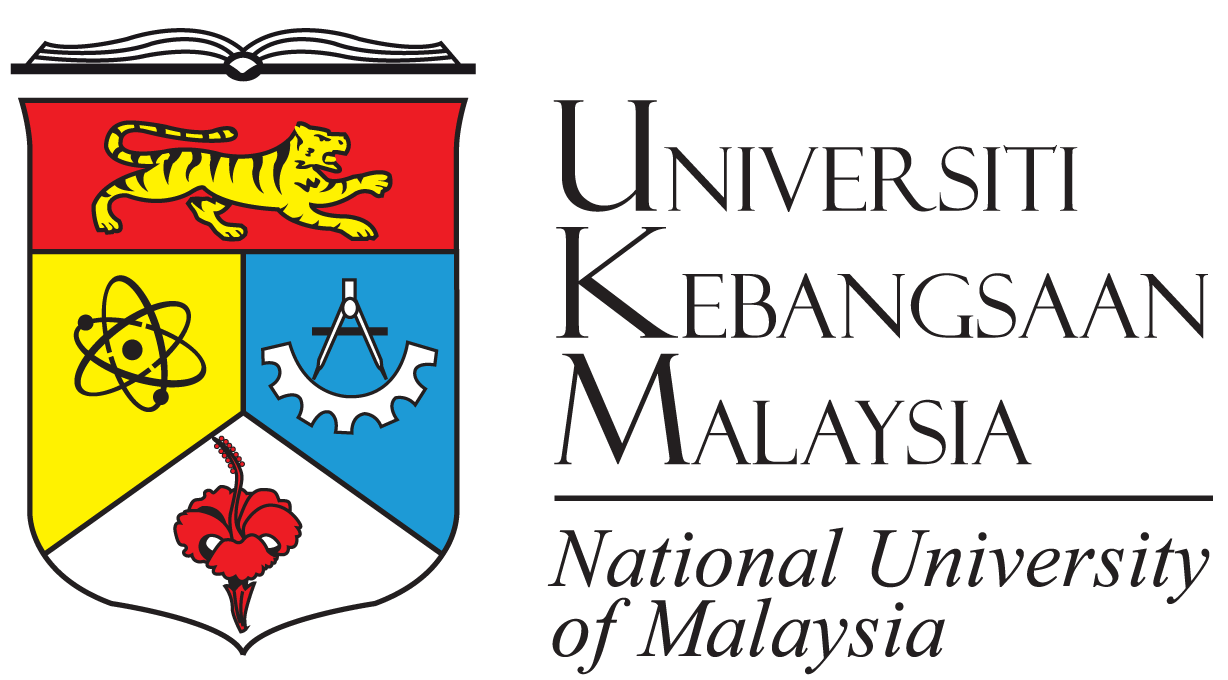
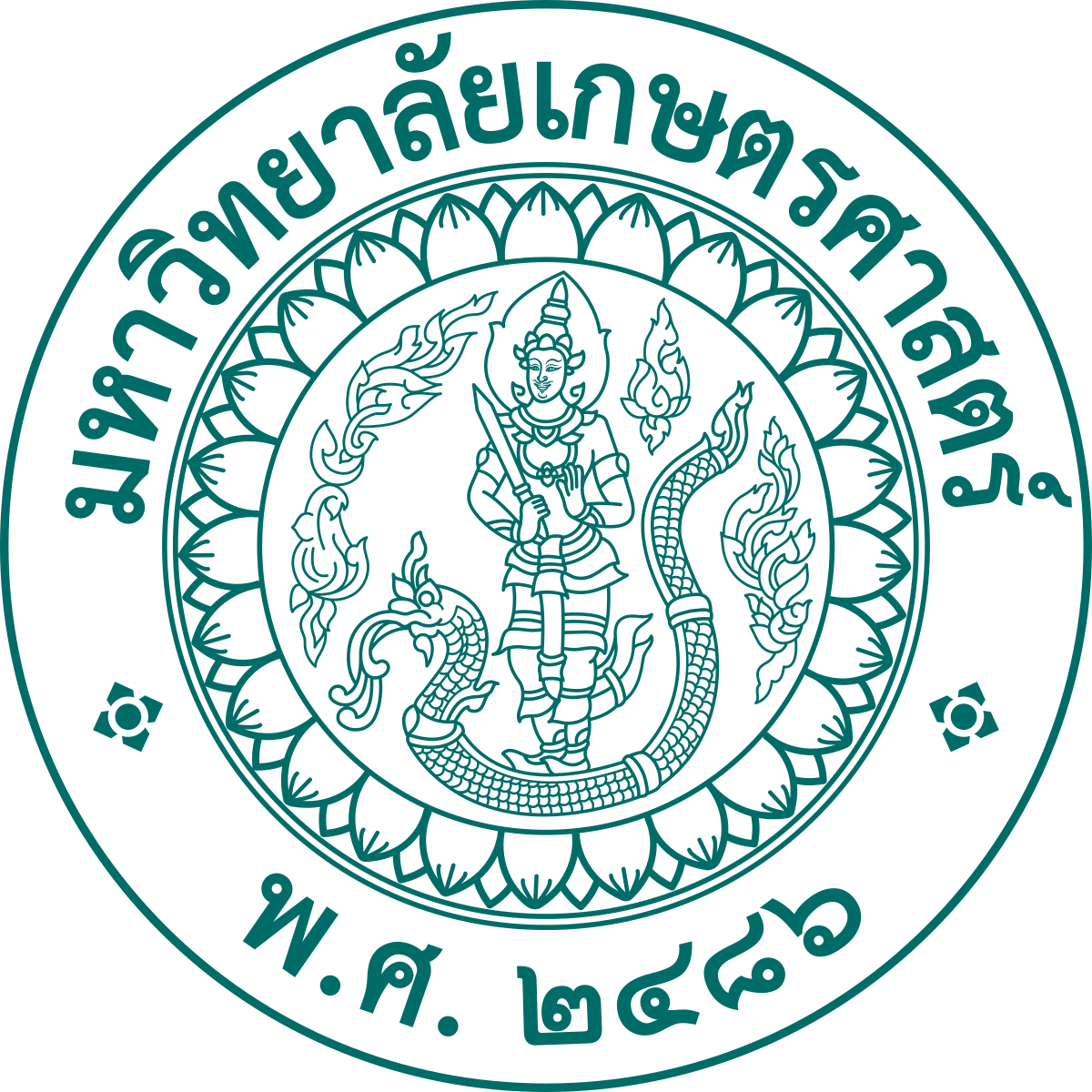
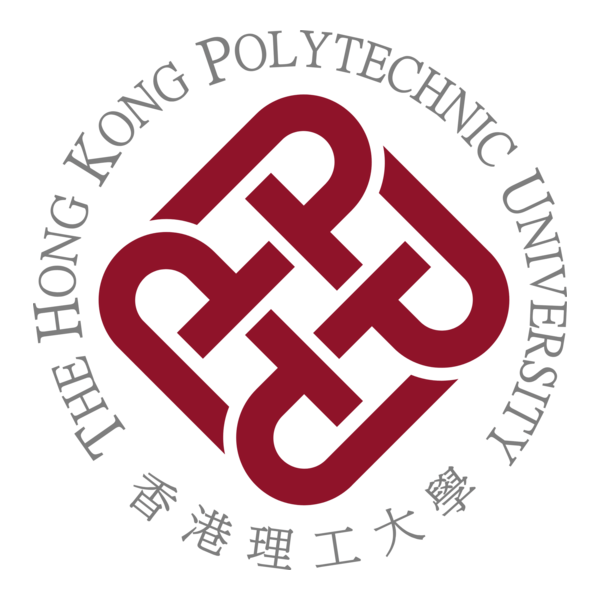
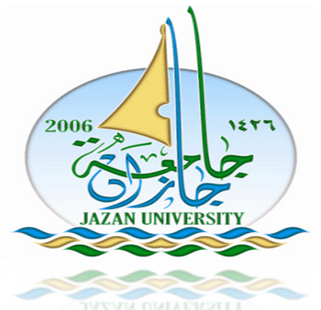
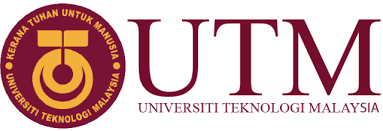
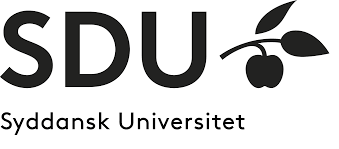


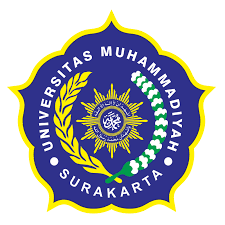
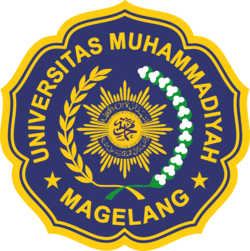
Contact Us
Phone and WhatsApp
+62 877-1023-7524
icita@unisayogya.ac.id
